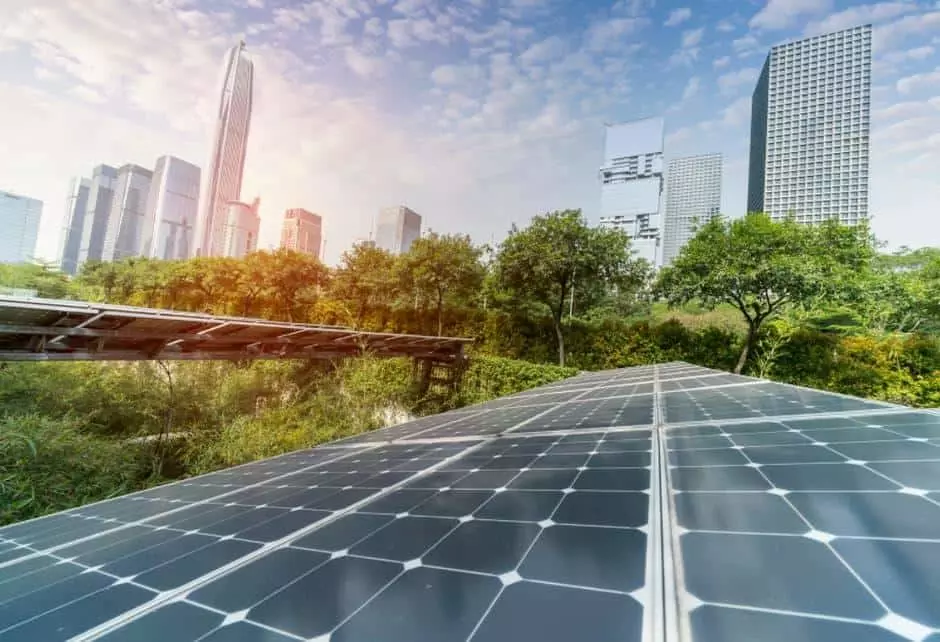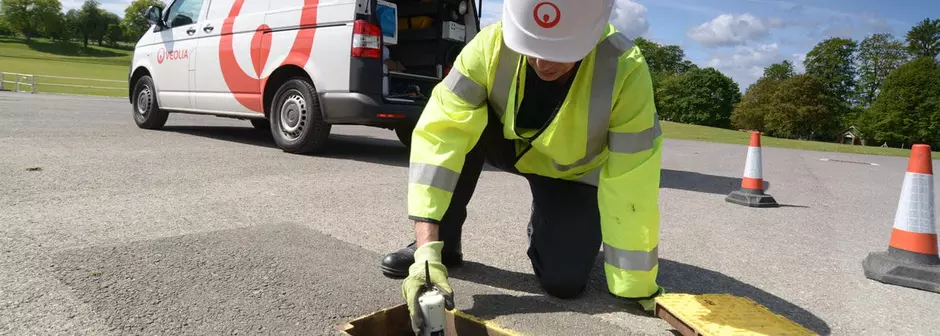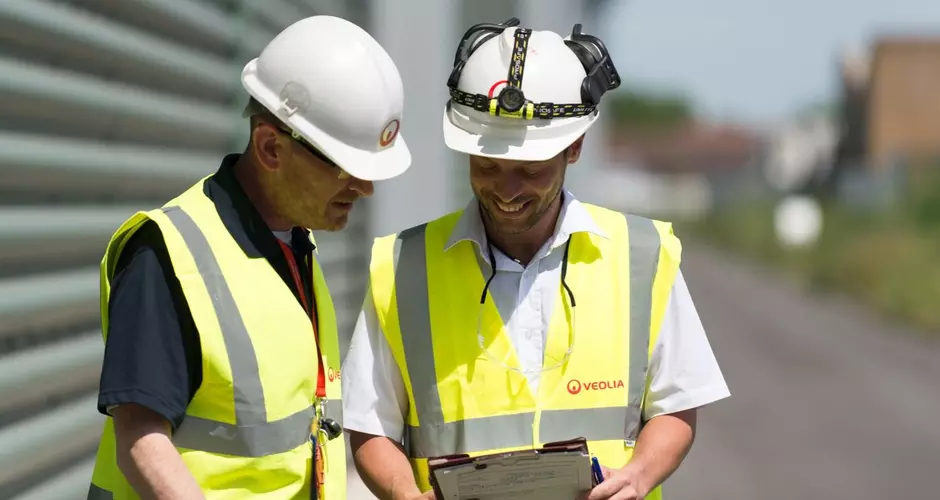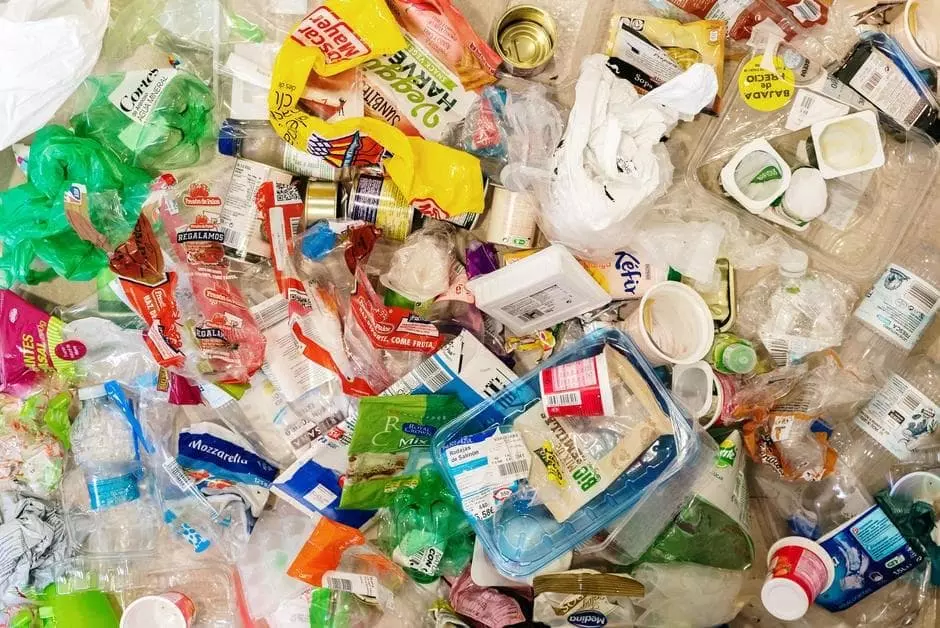November was a monumental month for environment news. Not only did the much-anticipated COP26 dominate headlines, the UK Environment Act reached royal assent and passed into law. Read on for the key headlines and updates:
COP26: What was achieved?
During two weeks of intense negotiations and appearances by a range of world leaders and other prominent public figures, agreements were reached covering key areas such as fossil fuels and deforestation. Whilst the watering down of the language of some commitments caused frustration for many, the Glasgow Climate Pact was eventually announced. The aim of this global agreement is to drive climate action to keep the vision of 1.5C within reach. The agreement includes seven key pillars:
- Science and urgency
- Adaptation
- Adaptation finance
- Mitigation
- Finance, technology transfer and capacity-building for mitigation and adaptation
- Loss and damage
- Implementation
- Collaboration
Despite clear commitments being made, COP President Alok Sharma emphasised the need for 'rapid action' on these promises. Some of the specific targets include:
- A global agreement to phase out the use of coal
- A commitment from a group of 24 countries and leading car manufacturers to end the sale of fossil fuel vehicles by 2040
- 130 countries have committed to protecting 90% of global forests
- Billions of pounds in green finance has been allocated to leverage trillions in the private sector
UK Environment Act
The Environment Act is the UK's legal framework on environment protection and management post-Brexit, and has finally passed into law after many months of drafting, campaigning and protests. The Act is arguably the most significant piece of environmental law to be introduced in the UK for decades, and includes a legally binding target on species abundance by 2030; a clampdown on illegal deforestation; and a new air quality target. Following a U-turn by the government and much press coverage, the Act also includes a crackdown on the discharge of sewage into water, and mandatory cycles of environmental monitoring and reporting. In addition, the Deposit Return Scheme and Extended Producer Responsibility system are both included in the Act.
What else happened in November?
Single-use plastics were also a key point of discussion over the previous month, with the Department for Environment, Food and Rural Affairs (DEFRA) launching consultations on banning single-use plastic products, and how to manage commonly littered single-use items. Key proposals include banning plastic plates and cutlery, with the proposed ban coming into effect from April 2023. DEFRA also wants to gather evidence on items such as wet wipes and tobacco filters, to inform future policy changes.
FIND OUT MORE
To read all of November's key policy highlights, including updates on the Green Gas Levy and the Green Gas Support Scheme, download the policy news in full here
-Further Reading-
Veolia ranked on the Dow Jones Sustainability Indices (DJSI) for the fifth consecutive year
Yesterday (27th October), Chancellor Rishi Sunak delivered his Autumn Budget and Spending Review, read on for some key points from yesterday's announcements.Veolia is proud to be included on the Dow Jones Sustainability Indices (DJSI) for the fifth year in a row. Read on to find out what this means for Veolia as well as how our work has already helped deliver real change.
Improving the health of our waterways with our Interceptor service
Now in its third year, Unblocktober is taking place for the whole month of October. The campaign encourages us all to be mindful of what we are putting down our drains and flushing down the toilet, to improve the health of our sewers and seas.
Green Energy Consulting
The energy landscape is transforming, but our experts can being innovative expertise to help you to make the right decisions.
Protecting our planet, '+1' step at a time
Change, in particular environmental change, requires collaboration. Veolia's new initiative, '+1', brings together 50 key stakeholders, to create a collective driving force to power the ecological transformation.







